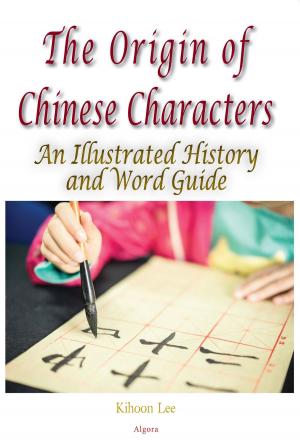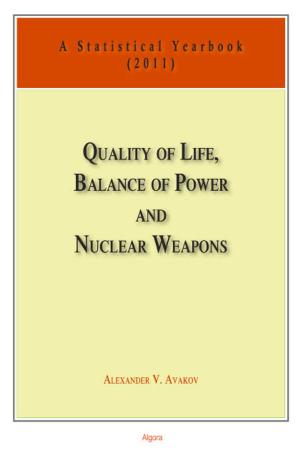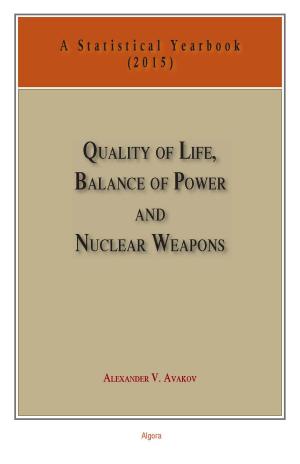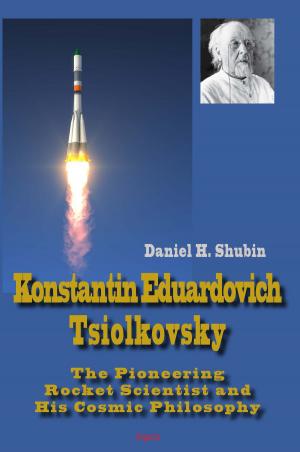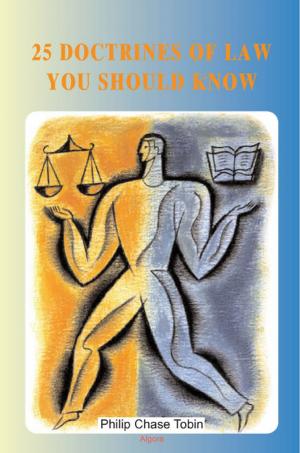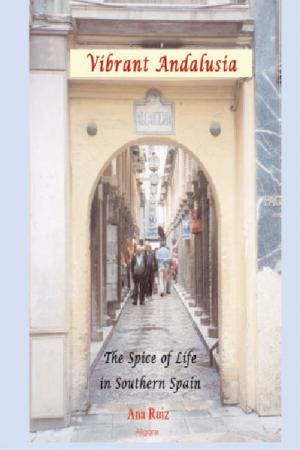This Strange Eventful History: A Philosophy of Meaning
Nonfiction, Religion & Spirituality, Philosophy| Author: | Paul Bradley | ISBN: | 9780875868783 |
| Publisher: | Algora Publishing | Publication: | December 15, 2009 |
| Imprint: | Algora Publishing | Language: | English |
| Author: | Paul Bradley |
| ISBN: | 9780875868783 |
| Publisher: | Algora Publishing |
| Publication: | December 15, 2009 |
| Imprint: | Algora Publishing |
| Language: | English |
This book sets out to survey our options concisely, drawing on philosophy, religion, science and art, across the gamut from classical philosophers to atheists, mystics, sensualists, agnostics, primatologists, neuroscientists, Unifaith believers, Interfaith, Multifaith and lastly Transfaith, to seek a religious attitude freed from myth and magic. A new concept of intelligent design is examined, linked with Panspermia, independent of the concept of anthropomorphic creation.
Each chapter draws on the opinions of two (or more) prominent inter-related thinkers, including Sartre, Foucault, and Frankl, Freud and Richard Dawkins, Carl Jung and Mircea Eliade, the Greeks and the Buddha, Van Gogh and Gauguin, and many others, to help us form an opinion, often provocatively, with no holds barred! The stimulating inter-relationship between these stars steers us on a path towards a viewpoint of Cosmic Compassionate Plurality.
The Existentialist philosophers cautioned that life is essentially meaningless but they allowed that we may choose ourselves. Certainly, our choices are many and various in this current era. Often, however, we bemoan the lack of time to read and research those possibilities. This book sets out to provide the needed background material.
This book sets out to survey our options concisely, drawing on philosophy, religion, science and art, across the gamut from classical philosophers to atheists, mystics, sensualists, agnostics, primatologists, neuroscientists, Unifaith believers, Interfaith, Multifaith and lastly Transfaith, to seek a religious attitude freed from myth and magic. A new concept of intelligent design is examined, linked with Panspermia, independent of the concept of anthropomorphic creation.
Each chapter draws on the opinions of two (or more) prominent inter-related thinkers, including Sartre, Foucault, and Frankl, Freud and Richard Dawkins, Carl Jung and Mircea Eliade, the Greeks and the Buddha, Van Gogh and Gauguin, and many others, to help us form an opinion, often provocatively, with no holds barred! The stimulating inter-relationship between these stars steers us on a path towards a viewpoint of Cosmic Compassionate Plurality.
The Existentialist philosophers cautioned that life is essentially meaningless but they allowed that we may choose ourselves. Certainly, our choices are many and various in this current era. Often, however, we bemoan the lack of time to read and research those possibilities. This book sets out to provide the needed background material.

